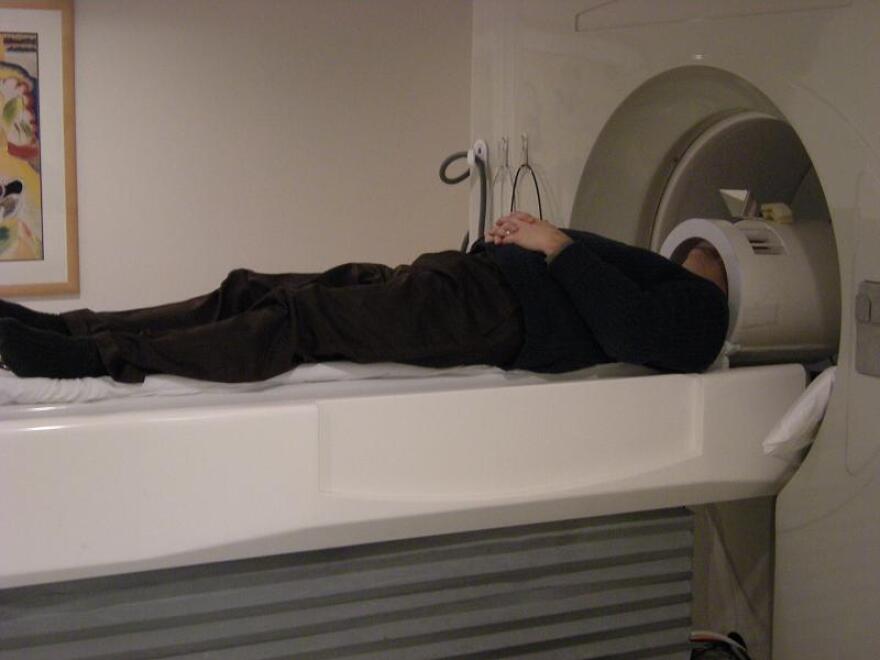Complex computer software may be the key to correctly diagnosing and treating patients with various diseases.
Dr. Nick Ernest, a UC graduate who beat the Air Force in a simulated game of aerial combatwith his artificial intelligence (AI) system, is now applying the concept to the human body.
In a proof of concept study, Ernest harnessed the power of his Psibernetix AI program to determine if bipolar patients could benefit from a certain medication. Using fMRIs of bipolar patients, the software looked at how each patient would react to lithium.
Fuzzy Logic appears to be very accurate
The computer software predicted with 100 percent accuracy how patients would respond. It also predicted the actual reduction in manic symptoms after the lithium treatment with 92 percent accuracy.
UC psychiatrist David Fleck partnered with Ernest and Dr. Kelly Cohen on the study. Fleck says without AI, coming up with a treatment plan is difficult. "Bipolar disorder is a very complex genetic disease. There are multiple genes and not only are there multiple genes, not all of which we understand and know how they work, there is interaction with the environment."
Ernest emphasizes the advanced software is more than a black box. It thinks in linguistic sentences. "So at the end of the day we can go in and ask the thing why did you make the prediction that you did? So it has high accuracy but also the benefit of explaining exactly why it makes the decision that it did."
More tests are needed to make sure the artificial intelligence continues to accurately predict medication for bipolar patients.
AI could work for other diseases
Ernest says there's no reason this wouldn’t work for other illnesses.
“It almost doesn’t matter what the application is. This could have easily been whether this person responded well to a surgery or a different drug. With my company, we use this methodology with determining costs and markets, maintenance for machinery. Really any sort of predictive analytics or big learning type application could utilize this.”
Ernest has started another study. It’s to predict recovery rates for people who have had a concussion.



